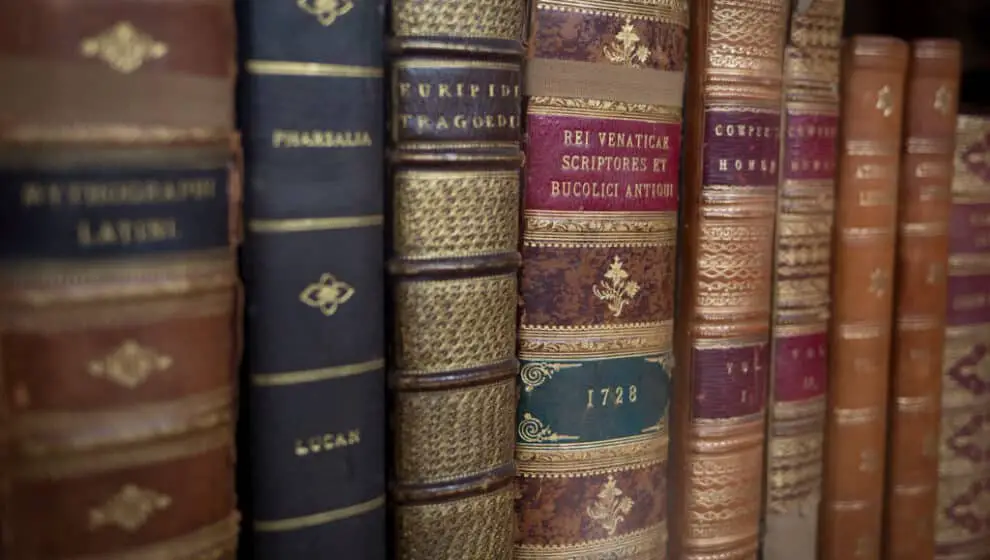Artificial intelligence chatbots like ChatGPT and Bard have caught a great deal of attention in the past three months as they show their innovative and disruptive linguistic capabilities—but there are things they cannot accomplish.
Key Details
- OpenAI’s ChatGPT is an artificial-intelligence (AI) chatbot launched on November 30, 2022, and opened as a subscription service on February 2. Google revealed its own Bard chatbot on Monday, February 6.
- ChatGPT has already proven itself to be a very powerful piece of software, capable of generating test scores, passing university exams, and generating paperwork—so much so that Microsoft’s president wrote a blog post outlining concerns for AI safety and ethics.
- According to one ghostwriter, there is something that ChatGPT isn’t yet capable of recreating yet—writing good fiction.
- There are also many examples of the software making serious factual mistakes. A January report from Newsguard shows that ChatGPT struggles to differentiate between sources and quickly spreads misinformation.
Why It’s Important
Many fear that ChatGPT is powerful enough that it could replace thousands of low-level white-collar jobs and replace them with AI-generated text. The technology is already powerful enough to functionally write university-level dissertations and pass high-level exams such as the bar exam. The technology is already positioned to create mass chaos in schools and slowly replace business writing and secretary work.
In the writing world, ChatGPT has created its own controversies. Editors and copywriters, particularly those working in non-fiction settings, have observed the proliferation of AI technology and are concerned that it could harm their careers.
“If you’re reading things that aren’t meant to be read in-depth—emails, sales, etc.—anything that is skimmable or designed to make you buy something is under threat by machines. The academic world, in particular, could be in danger. There is a complete dataset from academics. How hard would it be to farm dissertations and turn them into original work?” says Kristin McTiernan.
Breaking It Down
Kristin McTiernan is a Kansas City-based editor, author, and ghostwriter who has worked in professional writing for over a decade. Speaking with Leaders Media, she says that the world of fiction, at the moment, is less concerned with ChatGPT but notes that it should definitely be on people’s radar.
She recently outlined her thoughts on ChatGPT in a Substack piece explaining what she sees as the current limitations of the technology—mainly that it cannot write convincing dialog or stories.
“I saw a user ask ChatGPT to roast him based on his Twitter profile, and it was kind of snarky and funny. That was impressive; it can do sarcasm. But there are other things it can’t do. I put a screenshot in my Substack of ChatGPT attempting to write a scene where two old Italian men lament that the neighborhood isn’t Italian anymore, and ChatGPT couldn’t do that. It can’t do realistic dialog. I haven’t seen an AI sentence close to something a human would say,” she says.
“One author I know says he wrote an entire novel using ChatGPT but told me he had to rewrite 90% of it because it was unusable. It would start a scene based on a ‘ship,’ and midscene it would shift from a spaceship to an ocean ship. There was no consistency between scenes or character development.”
Key Takeaways
ChatGPT and Bard are far from perfect. Both have been shown to pull incorrect and outdated information in their search queries. Newsguard notes that an analysis of ChatGPT found it would easily query information from sources such as Info Wars or foreign propaganda websites.
A similar study by CNET found that 41 out of 77 news stories created by an AI needed corrections for misinformation. Regardless, ChatGPT and Bard are only expected to get more powerful and accurate over time. And this could eventually bleed into fiction writing as well.
McTiernan hasn’t ultimately dismissed the possibility that AI will eventually be able to write good stories. She thinks subsequent versions of ChatGPT could improve upon these problems, changing over time and developing better pattern recognition, specifically in regard to storytelling—although it is possible that subtlety may be somewhat beyond the machine’s capacity. It could “make every 40-year-old woman talk like a 19-year-old woman.” When AI eventually starts writing fiction though, it is likely to start with formulaic genre fiction.
“From the fiction perspective, we’ve done this to ourselves—particularly in genres that are pumped out quickly and hold to specific tropes, such as romance novels. If every book has to have a kiss by page 46 or very specific formulas, systematized writing is not something machines will have difficulty putting out of work. We can’t write faster than a computer.”

